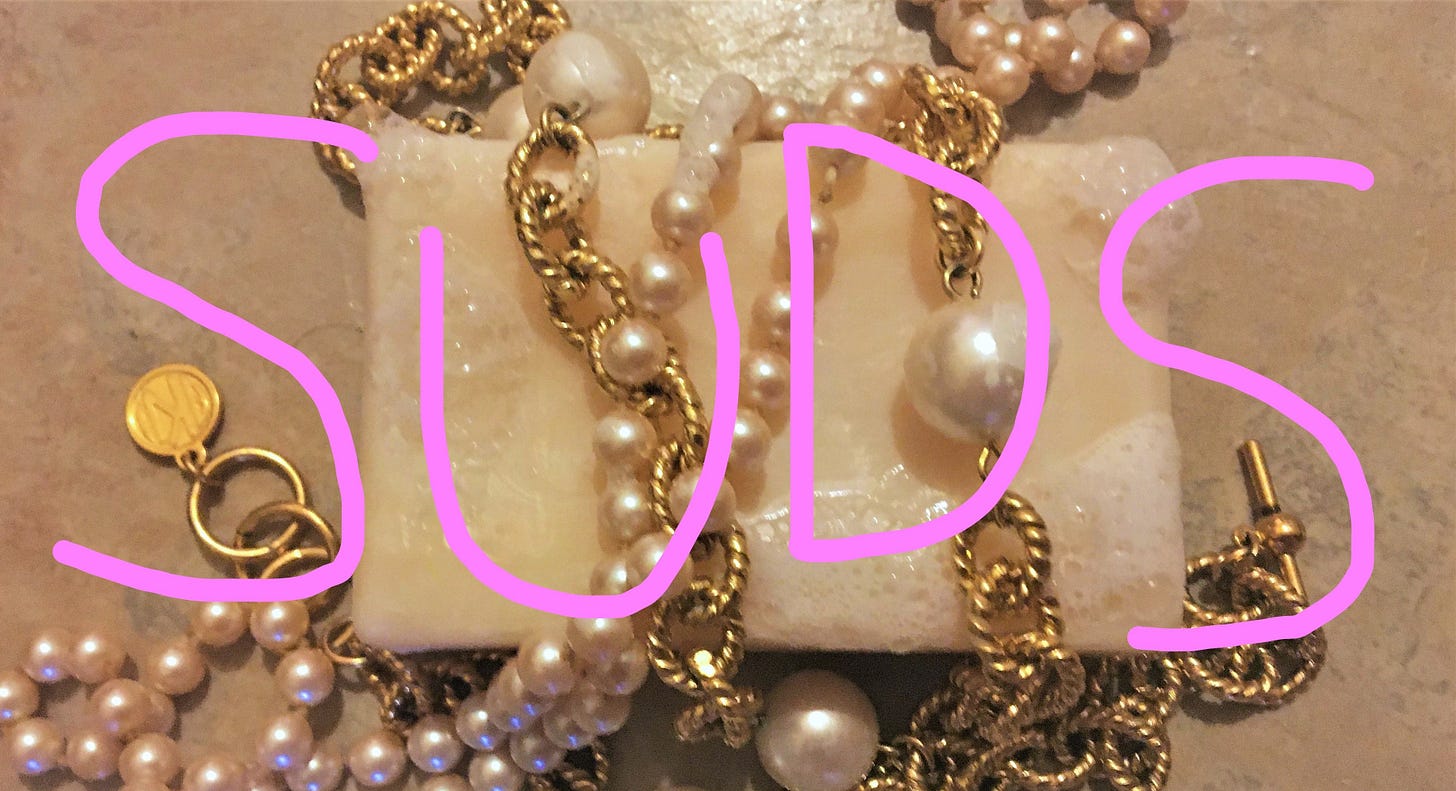When I was a teen, my local library owned exactly one book from the Gossip Girl series. I think it might’ve been the fourth, Because I’m Worth It, but considering that every Gossip Girl cover featured at least one thin white teenage girl, her face cut off before the eyes, I can’t be more than 80 percent sure. Having no access to the previous books in the series, I was uninvested in the book’s plot and its version of the characters; I didn’t pick up another Gossip Girl book until last month, more than a decade later.
The original book series was published from April 2002 to May 2007—five months before the show premiered—and written by Cecily von Ziegesar for book packager and production company Alloy Entertainment (the brain behind all your favorite millennial teen properties, including the Sisterhood of the Traveling Pants and Pretty Little Liars). Von Ziegesar based Constance Billard School for Girls on her Upper East Side alma mater, Nightingale-Bamford (The New Yorker).
The show’s pilot roughly covers the plot of the first book, Gossip Girl, and then diverges from there, the TV series occasionally bringing in plotlines or characters from the books when they suit the narrative. The show’s fashion, too, takes some inspiration from the book series but then deviates in interesting, important ways.
In the first book, a few familiar players appear: Blair Waldorf’s “little ruby ring”; Nate Archibald’s gold heart pendant, sewn by Blair into “the moss-green cashmere V-neck sweater [she] had given him.” Even Chuck has his signature scarf, though the book version is “navy blue monogrammed cashmere,” not silk patchwork. (Book Dan, being a poet, secretly calls Chuck “Scarf Boy.”)
The book also builds broad foundations for the TV characters’ styles. Book Blair, for instance, first appears in a black cardigan, stockings, and ballet flats: “very bow-tie proper preppy, which [Blair] could get away with because she could change her mind in an instant and put on her trashy, pointed, knee-high boots and that sexy metallic skirt her mother hated. Poof—rock star sex kitten.” TV Blair, too, balances a prim, proper side with a sexy, rebellious one. Think the high-collared, pilgrim-like dress worn in “Victor, Victrola” (1.7), later stripped onstage to reveal a lace slip.
Book Serena, much like TV Serena, is a model off duty, a muse, thrown together yet effortlessly beautiful and chic; “Kate Moss” is the book’s comparison. With her school uniform, Serena wears “[a] Burberry plaid coat . . scuffed brown suede boots . . . [a] boy’s white oxford shirt . . . frayed in the collar and cuffs . . . her purple lace bra . . . visible . . . and her black stockings [with] a big hole behind one knee.” Though TV Serena is a little less rumpled, she shares staples with her book counterpart: for her first day back at Constance, TV Serena wears her uniform with a trench and boots.
Her Constance uniform itself, however, is a little different from the book to the show. In the first book, Serena is the only senior wearing the new uniform, having trashed her old one:
The new skirts were made out of polyester and had pleats that were unnaturally rigid. The material had a terrible, tacky sheen and came in a new color: maroon. It was hideous. . . . Plus, [Serena’s] came all the way down to her knees! All of the other seniors were wearing the same old navy blue wool skirts they’d been wearing since sixth grade. They’d grown so much their skirts were extremely short.
The show flips this idea around: TV Serena is the only junior in an old plaid skirt, grown shorter since she last attended Constance. The other juniors, including Blair, wear newer, longer skirts, often in solid blue. I understand why the costume design didn’t follow the books: a shiny maroon kilt would make anyone look frumpy; the old plaid skirt keeps Serena’s uniform classic yet cool, while illustrating the divide between newly returned Serena and the rest of her class.
Book Jenny’s style is given little description in the first book, save for reminders that she must dress around her “incredibly huge” breasts. Boobs, it seems, are Jenny’s only personality trait. Still, like TV Jenny, she does receive style inspiration from Serena. While at Barneys, trying on dresses for the Kiss on the Lips party, Book Jenny sees Serena with a “long and black and completely gorgeous” Tocca dress, then decides to buy “a black stretch-satin dress” of her own.
Indeed, the only book character who doesn’t influence her TV counterpart’s wardrobe is Vanessa Abrams. Book Vanessa attends Constance: “the only girl in school who had a nearly shaved head, wore black turtlenecks every day.” TV Vanessa is homeschooled and doesn’t even appear until episode 1.6, when she moves back to Brooklyn, her wardrobe a mix of patterns and bright colors that Book Vanessa would find unwearable.
Perhaps the show runners and costume designers thought a rotation of black turtlenecks would look too boring, too static, on television. I’m inclined to think that the reasoning was more sinister: Like the other book characters, Book Vanessa is white; TV Vanessa is the show’s only central Black character, and therefore is racialized, “urbanized,” through her clothing. I could publish a whole post on the ways Vanessa is othered by the show and its fashion, and later this month, I will: on Thursday, 2/18, I’ll return to character profiles with a closer look at Vanessa’s costume design.











